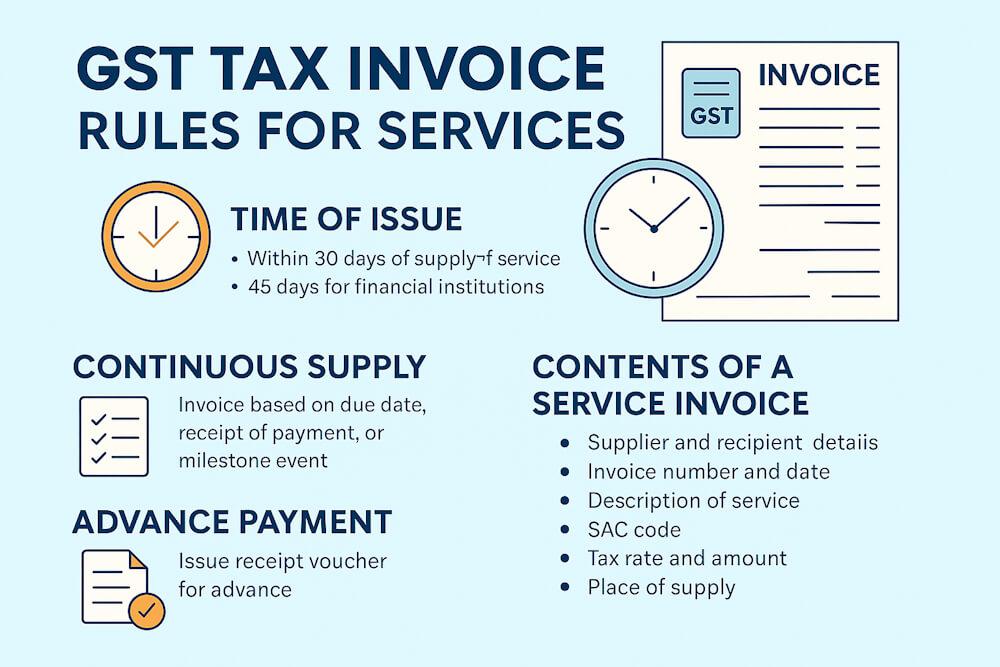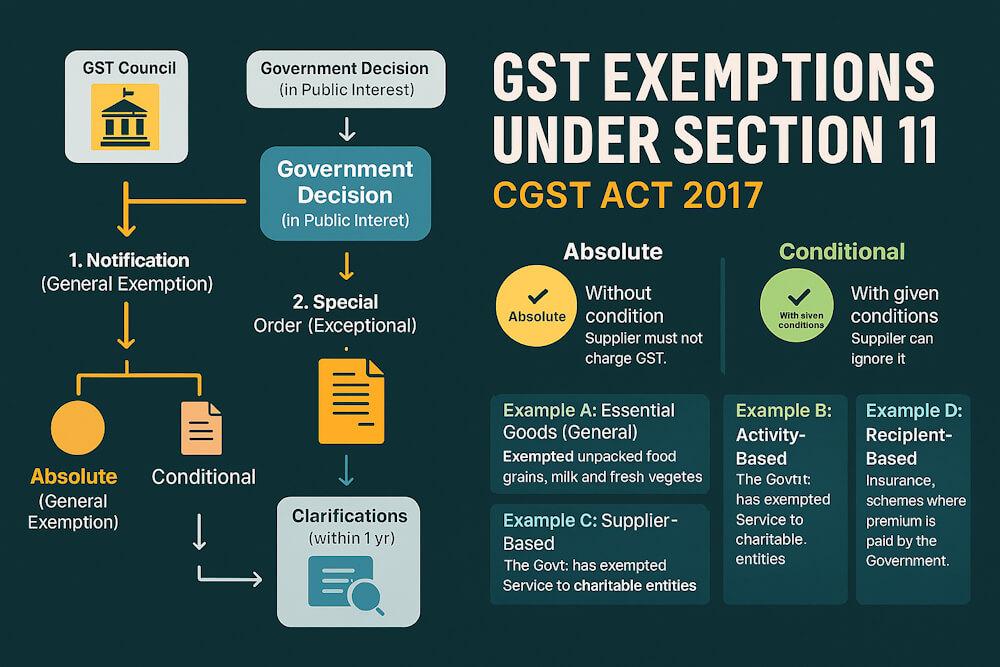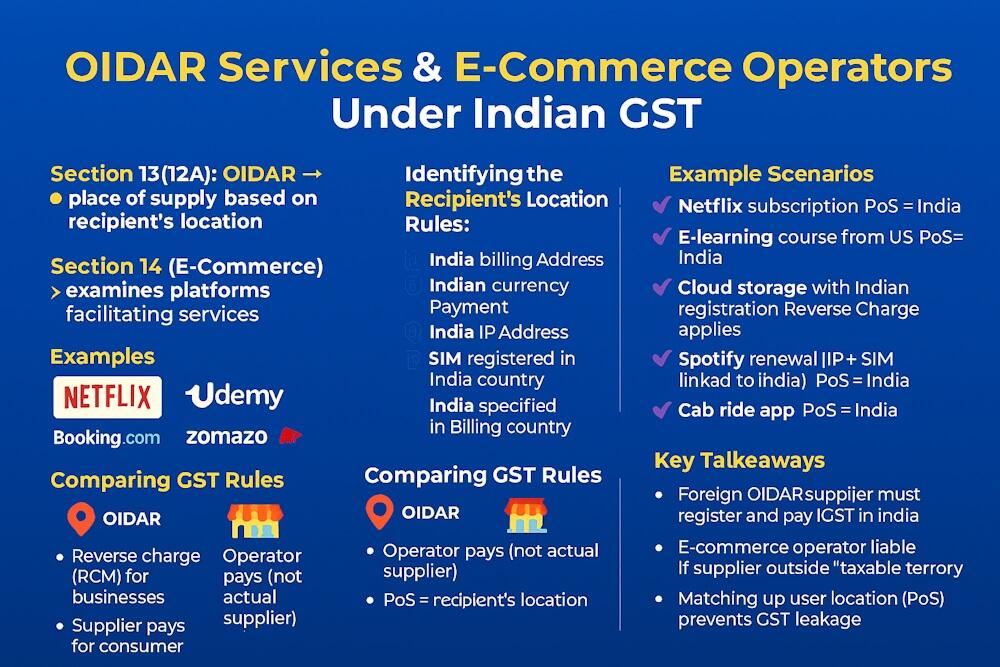What Is Gross Pay?
Gross pay is basically the total money an employee earns from a job. It’s not just your basic salary or hourly wage. It also includes other things like bonuses, overtime, insurance, and extra benefits.
When a company gives you a job offer, the gross pay tells you the full picture of what you’ll earn. It helps you see beyond just the paycheck you’ll get every month.
Base Pay vs. Total Gross Pay
Base pay is the fixed amount you get for doing your job. It doesn’t change much. It’s guaranteed and stays the same no matter what happens with the company’s performance or your own performance.
Total gross pay, on the other hand, includes base pay plus everything extra—bonuses, overtime, insurance, and other benefits. These extras can change each year. They depend on things like how well the company is doing, your department’s results, or how well you did personally.
A simple way to look at it:
Total Gross Pay = Base Pay + Overtime + Bonuses + Insurance + Benefits + Other Extras
Example
Say an employee has:
- Base salary: Rs. 50,000
- Bonus: Rs. 25,000
- Insurance and other benefits: Rs. 10,000
Here:
- The base pay is Rs. 50,000. This is the minimum amount they will get no matter what.
- The total gross pay, including bonuses and benefits, comes to Rs. 85,000.
So, base pay is fixed. The rest depends on extra perks, company performance, or bonuses.
Choosing Between Fixed Pay and Variable Pay
Sometimes you have a choice:
- Take a higher base salary with smaller bonuses or benefits.
- Take a lower base salary with bigger bonuses or benefits that aren’t guaranteed.
To make a decision, it’s useful to think about expected value—basically, what you are likely to earn on average.
Example:
- Contract 1: Base Rs. 50,000, no bonus
- Contract 2: Base Rs. 30,000, with 50% chance of getting a Rs. 30,000 bonus
Expected earnings:
- Contract 1 → Rs. 50,000
- Contract 2 → Rs. 45,000
Even though Contract 2 has a bonus, it’s not guaranteed. Contract 1 is safer and has higher expected value.
If the chance of the bonus goes up to 70%, then Contract 2’s expected value becomes Rs. 51,000, which is higher than Contract 1.
Takeaways
- Base pay is your guaranteed money.
- Gross pay includes everything extra like bonuses, overtime, and benefits.
- Always consider expected value and how much risk you are willing to take when comparing jobs.
Looking at both base pay and gross pay helps you make smarter choices and understand the real value of your compensation.





